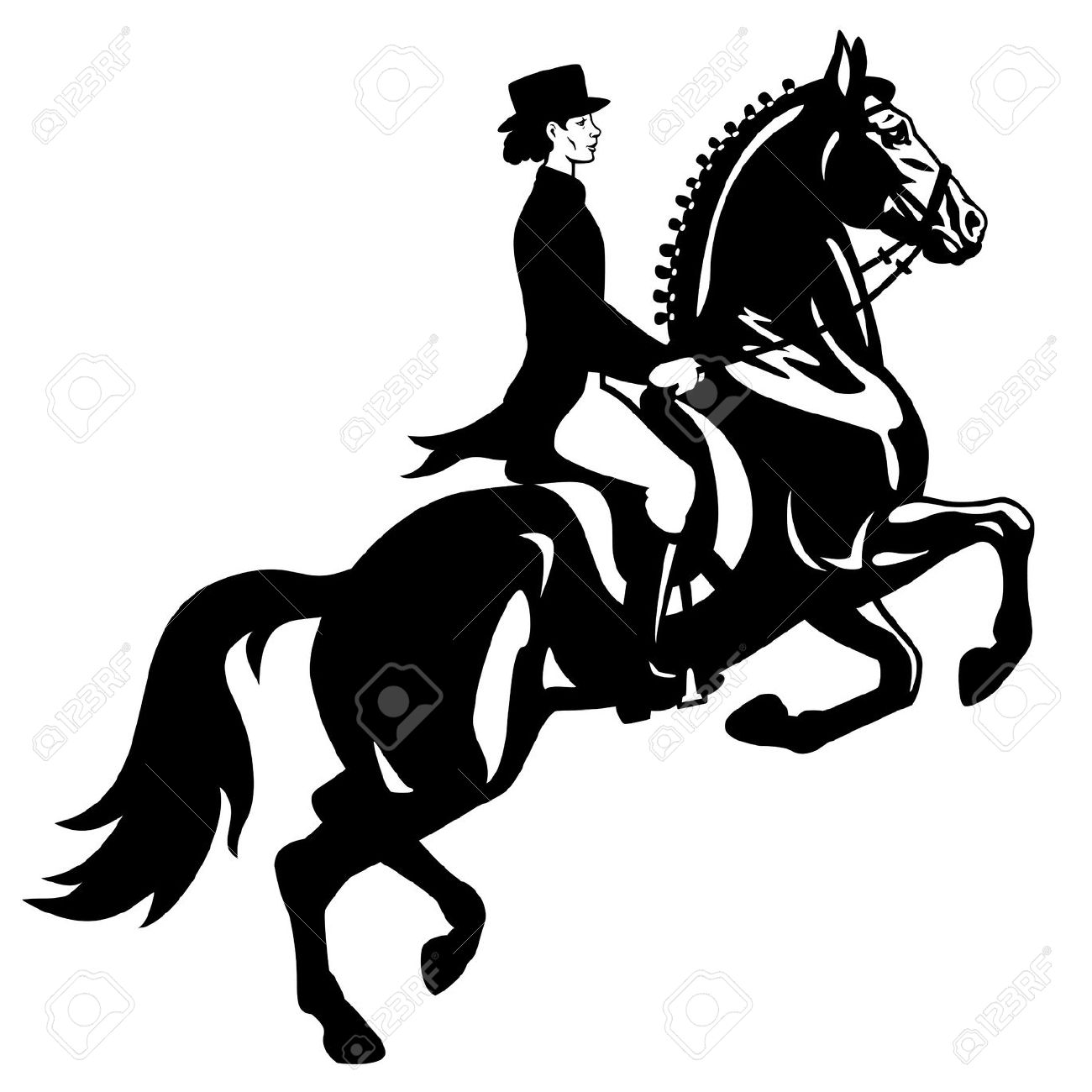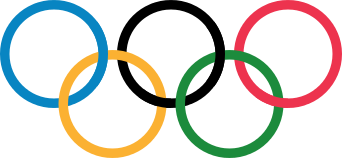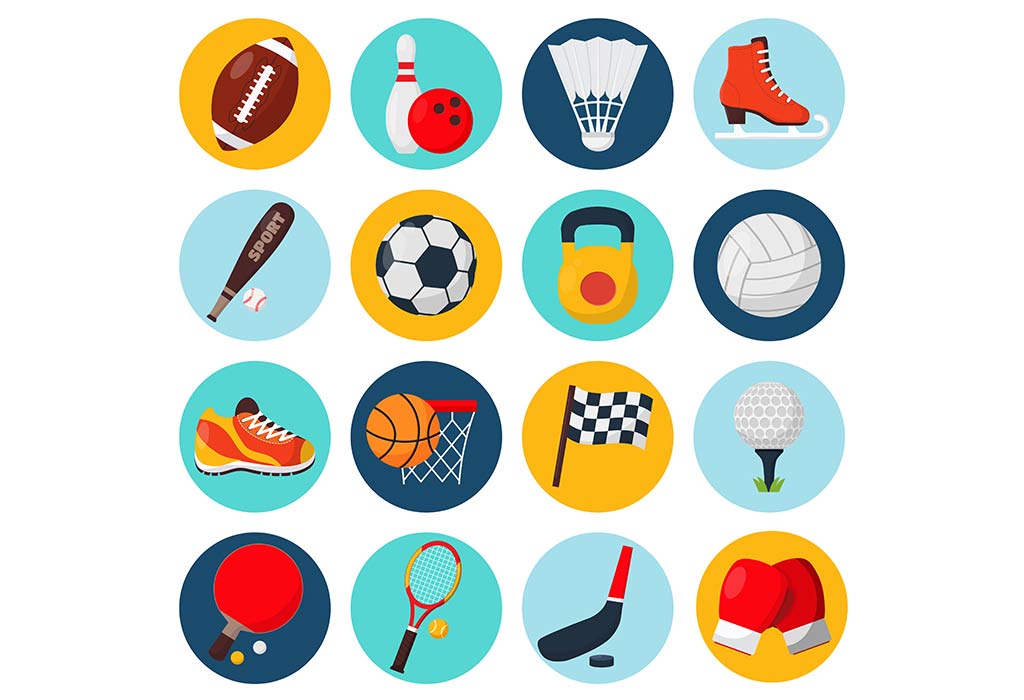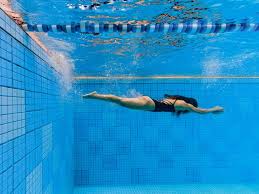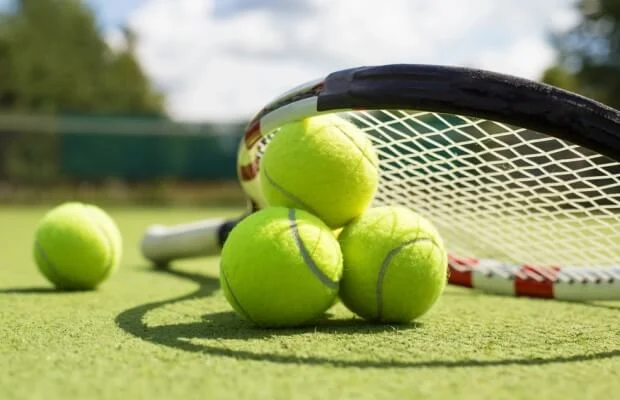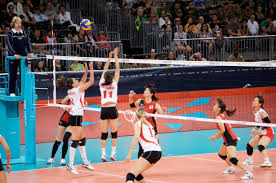Se-tenant: Summer Olympics Sydney 2000 (Mauritania 2000)
Summer Olympics Sydney 2000 (Mauritania 2000)
01 January (Mauritania ) within release Summer Olympic Games 2000 - Sydney goes into circulation Se-tenant Summer Olympics Sydney 2000 face value 4*220 Mauritanian ouguiya
| Se-tenant Summer Olympics Sydney 2000 in catalogues | |
|---|---|
| Michel: | Mi: MR 1085-1088 |
| Yvert et Tellier: | Yt: MR 712-715 |
Se-tenant is square format.
Declared illegal by Mauritanian postal officials according to SnAlso in the issue Summer Olympic Games 2000 - Sydney:
- Souvenir Sheet - Sydney 2000 face value 300;
- Stamp - Cycling face value 200;
- Stamp - Equestrian face value 220;
- Stamp - Fencing face value 200;
- Stamp - Judo face value 200;
- Se-tenant - Summer Olympics Sydney 2000 face value 4*200;
- Se-tenant - Summer Olympics Sydney 2000 face value 4*220;
- Stamp - Swimming face value 220;
- Stamp - Table Tennis face value 200;
- Stamp - Tennis face value 220;
- Stamp - Volleyball face value 220;
Se-tenant Summer Olympics Sydney 2000 it reflects the thematic directions:
Stemming from military practices and a long tradition of teaching by equestrians such as La Guérinière and François Baucher, traditional French equestrianism is essentially represented at the Cadre Noir de Saumur. The practice of equestrianism has evolved towards sport and leisure, opening up to the general public. At the end of the 20th century, the sport became much more democratic, with a sharp rise in the number of riders, particularly young people and women. The teaching of equestrianism as a leisure sport in France is based on the existence of over 8,000 riding schools, which make trained horses available to the public. Their establishment is supported by the French government thanks to a reduced VAT rate from 2004 to 2013. At the end of 2013, riders and industry professionals protested against the increase in VAT on their activity.
The modern Olympic Games or Olympics (French: Jeux olympiques) are leading international sporting events featuring summer and winter sports competitions in which thousands of athletes from around the world participate in a variety of competitions. The Olympic Games are considered the world's foremost sports competition with more than 200 nations participating. The Olympic Games are held every four years, with the Summer and Winter Games alternating by occurring every four years but two years apart.
Sport is a form of physical activity or game. Often competitive and organized, sports use, maintain, or improve physical ability and skills. They also provide enjoyment to participants and, in some cases, entertainment to spectators. Many sports exist, with different participant numbers, some are done by a single person with others being done by hundreds. Most sports take place either in teams or competing as individuals. Some sports allow a "tie" or "draw", in which there is no single winner; others provide tie-breaking methods to ensure one winner. A number of contests may be arranged in a tournament format, producing a champion. Many sports leagues make an annual champion by arranging games in a regular sports season, followed in some cases by playoffs.
Swimming is the self-propulsion of a person through water, or other liquid, usually for recreation, sport, exercise, or survival. Locomotion is achieved through coordinated movement of the limbs and the body to achieve hydrodynamic thrust that results in directional motion. Humans can hold their breath underwater and undertake rudimentary locomotive swimming within weeks of birth, as a survival response. Swimming requires stamina, skills, and proper technique.
Tennis is a racket sport that is played either individually against a single opponent (singles) or between two teams of two players each (doubles). Each player uses a tennis racket strung with a cord to strike a hollow rubber ball covered with felt over or around a net and into the opponent's court. The object of the game is to manoeuvre the ball in such a way that the opponent is not able to play a valid return. The player unable to return the ball validly will not gain a point, while the opposite player will
Volleyball is a team sport in which two teams of six players are separated by a net. Each team tries to score points by grounding a ball on the other team's court under organized rules. It has been a part of the official program of the Summer Olympic Games since Tokyo 1964. Beach volleyball was introduced to the programme at the Atlanta 1996 Summer Olympics. The adapted version of volleyball at the Summer Paralympic Games is sitting volleyball.

